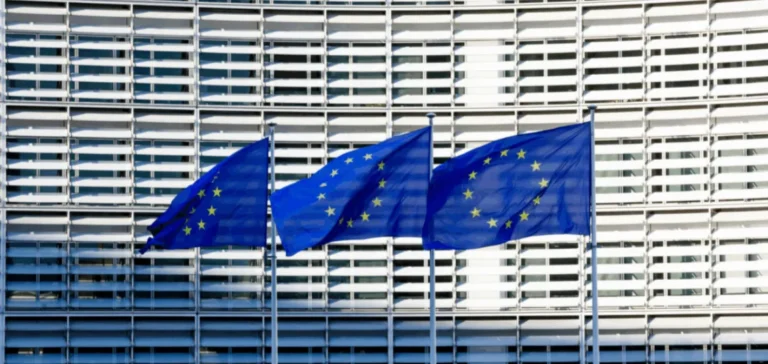European Commission Vice-President for Industry Stéphane Séjourné convened an emergency videoconference on Monday with representatives from several industrial sectors to address the economic consequences of China’s new restrictions on rare earth exports.
Strategic sectors meet under pressure
The meeting brought together stakeholders from the automotive, defence, wind energy, chemical and mining transformation sectors. It aimed to assess the immediate impact of the measures decided by Beijing and to outline potential European-level actions. These sectors rely on rare earths for the production of essential components ranging from electric motors to military guidance systems.
The discussions are expected to provide the Commission with an updated overview of current supply chain disruptions, as several European companies have already reported production halts or significant cost increases.
Planned measures and G7 coordination
Brussels plans to report the outcomes of the meeting during Tuesday’s plenary session at the European Parliament in Strasbourg. Commissioner Séjourné is set to outline regulatory or trade options under consideration to secure access to critical raw materials.
In parallel, the European Union is coordinating a joint response with members of the Group of Seven (G7) to what is seen as a restrictive policy. China, the world’s largest producer of rare earths, had introduced a licensing system for some exports in April before expanding it this month to include sensitive processing technologies.
Mounting pressure on value chains
European authorities claim these decisions have caused blockages in access to essential materials for strategic industries. They emphasise that dependency on a single supplier exposes the European economy to critical vulnerabilities.
“This situation highlights the need for a more resilient supply policy within the Union,” said a source within the Commission, noting that projects to diversify import sources are under review.






















